Above, the 2014 Westminster BIO 321 group in Belize.
Since 1992, Dr. Mike Amspoker has led 11 Westminster trips and 136 students for a biology trip to Belize. This year, the trip took on new significance as the students added a service component through the World Health Empowerment Project (WHEP). Read on for the trip through the students’ eyes …
A year ago, WHEP in Belize was only an idea. The brainchild of long bus rides through Stann Creek and late night conversations in the Monkey Bay dining hall, the planning for this return trip to Belize started before we even left the country in May 2013. Dr. Mike Amspoker, Matthew Miller (owner of Monkey Bay Wildlife Sanctuary), and I were dreaming big; we had envisioned a garden construction project, a sustainable contribution to the St. Matthew’s Village community. As is often the case, the dream and the reality differed greatly in mechanism but little in intended impact. The evolution of WHEP in Belize over the past year followed a journey that was probably typical for any new project, though it never failed to keep me up late at night and make me question my reasons for taking on such a big responsibility during my senior year of college. In spite of the struggles leading up to the trip, WHEP in Belize provided me with a new appreciation for those individuals and organizations that are dedicated to international travel and service. Additionally, this experience made evident to me the nature of true leadership, the depth of basic need, the impact of genuine interest, and the value of personal connections. Above all, WHEP in Belize has given me hope. — Kristen Fisher, Class of 2014
My Belizean adventure was everything that I hoped for and more. Before I knew the details about the trip, I had assumed it would be more of a biology-focused trip but I was pleasantly surprised to find out that the focus was actually more service oriented. Since it was my first time out of the country I was definitely nervous about the whole experience but overall, I felt welcomed and at ease while in Belize. I am so blessed and thankful that I was given this opportunity to explore such a beautiful country with a great group of people.
While taking the spring course I was skeptical that all of the criteria we were learning was pertinent but like usual, I was proved wrong. Almost everything we learned in the course turned out to be applicable to some aspect of our trip. For that, I am thankful for those pesky, weekly quizzes. I think our extensive background knowledge helped us feel more comfortable on the trip as well as set us apart from the other schmucks who journeyed blindly into Belize.
The flight to Belize was agonizing and the anticipation nearly killed me but stepping off that plane and into Belize was a feeling I won’t soon forget. As soon as we stepped foot into the airport, it was obvious we weren’t in the U.S. anymore. The size, technology, colors, and even atmosphere was so different than what I was used to experiencing at airports, which was generally anxiety. I could tell that I was going to like it there. The bus ride was quite the experience as well. I do not think I was ever more excited to be on a hot, crammed bus than I was that day when I got to see glimpses of Belize for the first time. I remember being astounded by the bright colors of the buildings and becoming envious that I would never be able to paint my house purple or yellow. I also recall seeing the impoverished homes and skinny dogs for the first time, which certainly made me sad. When we arrived at Monkey Bay I was a little surprised because it was much nicer than what I had anticipated. I really liked everything about it; the hammocks, bedrooms, dining area, clean water, great staff. It was really everything one could wish for while staying in a developing country. — Malorie Smith, Class of 2016
Big smiles
Upon arriving to Belize, the first thing I noticed was the large cultural change. Nothing was fancy or in excess they had what they needed nothing more and even sometimes less. Coming from the States to this was a huge shock because it seems that we have to have the biggest, best and most of everything we own. We were not picked up in a new shining bus with perfect interior and air conditioning. No, we were picked up in a small old bus that they just got up and running that morning. There was no air conditioning, just windows. Riding the bus through the many villages I noticed their houses were the same way; they only had bare minimum and no air conditioning in them either. I felt sorry for some of these people with their houses falling down and dirt floors. However, later in the trip I realized that these things did not matter to the people, they were happy with what they had and did not need fancy things or big houses to be happy.
Quickly the happiness of the locals also began to spread to our group. I know the girls’ room discussed this one evening as we were all sitting in our bunks at Monkey Bay. Monkey Bay was a great facility and felt like home. Well, it felt like a new home, not exactly the home I was used to. Though the rooms that all of us stayed in were a bit cramped and not the fanciest, I enjoyed it because it gave all of us a chance to grow close to one another. In these rooms there was not much personal space, so we became very comfortable around one another, very quickly. Not once did anyone complain about the cramped space or lack of privacy, we were all just very glad to have a bed and place to sleep. I also liked the effort to save water with the pull showers. This has definitely changed me to taking quicker and colder showers, even since we have returned home. The food at Monkey Bay was fabulous to say the least. I did not have a single complaint about the food and I was excited to see what the next meal would be. The chocolate cake was by far my favorite thing of all the food. I am really hoping the cooks email the recipe to me. Monkey Bay was a great experience and I am thrilled that it was part of our trip. Matthew Miller most definitely had the right idea with making this facility. — Miranda Epstein, Class of 2016
Yummy food adventures in Belize
My favorite part of the entire experience was the food. First off, I live to eat, although it is hard to tell by looking at me. I have always eaten food from various cultures, and I was excited to add Belizean fair to my list. As advertised, I did not have a single bad meal while abroad. Everywhere we ate provided a new experience, new flavors, and a fun time, from Ms. Edna’s kitchen to Maya Center. I immediately fell in love with the flavors of Belize, with the freshest ingredients I have ever eaten, the subtle spices, and the abundance of fruits. My favorite meal was the chicken meatballs we had at Monkey Bay, and I really hope I can get in contact with them and obtain the recipe. My single most favorite Belizean food was fry jacks, complete with Marie Sharp’s jam and honey. If I had my way, we would have eaten them every breakfast….but all the other breakfast foods were good, too. — Laura Kelly, Class of 2017
Ella Leslie, ’17, having fun with students from St. Matthew’s
One of our service locations was St. Matthews Government School. While there, we were able to educate the students on hygiene, nutrition and the importance of recycling and fun things they could make with recycled materials. The students at first were shy and quiet but after they went to one group they began to loosen up and have fun. It was an enriching and gratifying experience when a student would be successful in “covering their sneeze.” They got very excited and wanted to show us what they had learned. I was impressed with their knowledge of germs and bacteria as well, I wasn’t sure if they had gotten that far before we arrived, but I was pleasantly surprised. Although they are taught about hygiene and health in the classroom it is important to reiterate the point. It helps give the teachers credibility of what they are teaching.
Our last service location was Mahogany Heights village where we worked with Raquel (Vega) at her church. During Sunday school time we taught the children about hygiene, nutrition and peer pressure. Afterwards they had some fruit and juice that was brought by Monkey Bay and Ms. Fiona (Martin). Then we played the rest of the time with Frisbees and other games like tag. It was a blast and a great last day of service for our trip. Ms. Raquel is an amazing woman and I hope to have some of the same qualities one day. — Melissa Hirner, Class of 2014
Alex DuMontier, ’14, with kids at St. Matthew’s
I’d have to say that the best part of the trip was when we went to St. Matthew’s. I really enjoyed working with the children, and I feel like we actually taught them something. I loved that at the end of the day I actually feel like we accomplished something with the students. — Jesse Edwards, Class of 2016
Game time!
The first day at St. Matthew’s was rainy, and stray dogs roamed the premises with soppy fur and sad eyes. The kids were overjoyed though. They were the little ones, Infant and Standard 1s and 2s. Many of them understood English far better than I expected and were extremely cooperative and friendly. I imagine the practice of foreign students from other countries arriving at grade schools on random occasions to teach and play with kids is strange to many areas in the U.S. and I don’t know if our children would be as well behaved, involved and friendly as the ones we had the privilege to work with at St. Matthew’s. Even in a village plagued with poverty, these kids seem to be just as exuberant and happy as any I’ve encountered wandering the wealthy malls of the suburban U.S. A simpler life, yes, but much more free of things, too. Less Nerf guns and video games, more neighborhood pick up games of basketball and soccer. Yet another one of those better things I noticed in Belize. Also, the high level of education revealed by the responses of the middle schoolers in our attempt to teach them about environmental issues affecting their country was a phenomenon I found extremely surprising on the second day at St. Matthew’s. If you asked me what the effects of fertilizer runoff were on underwater ecosystems back in 7th grade, I would stare blankly and hope to god you’d call on someone else. These kids were true students of the nature of problems going on in the land on which they live, assessing issues being illustrated on the board during our multiple games of Pictionary within ten seconds of the first stoke of the chalk. — Nathan Fox, Class of 2016
Left to right: Jesse Edwards, ’16; Miranda Epstein, ’16; Danielle Lorenscheit, ’17, with students at Mahogany Heights
As much as I love the vacation (e.g., visits to the Maya ruins and cayes) and all of the activities planned, they were not my favorite part. I would have to say that the volunteer work that we offered really made the trip what it was. St. Matthews was so much fun spending time with the kids and offering some insight into a healthy lifestyle and the kids knew so much! They were wonderful and I had a really great time taking the opportunity to give something back to them. It was really great to see how much the kids loved the donations. This made me feel wonderful that we as a group gave them the opportunity to enjoy school a little bit more and hopefully benefit from what our group had to say about a healthy lifestyle. We may not have really been able to teach, but I am hoping that this will reinforce what they have already been taught in their own classrooms. — Cameron Taylor, Class of 2014
Ella Leslie sitting on the dock, reading
After those service days (at St, Mathews, Mahogany Heights & the King’s Children’s; Home) I was already getting the same satisfaction as last trip and I couldn’t imagine how it could get any better. Belize, of course, never disappoints and one of the most memorable days of the trip was swimming with those dolphins. It was as if time itself had frozen to allow us to enjoy that moment. I have always wanted to swim with dolphins, not ones kept in a cage, but with wild ones. I was so amazed by how they seemed to have enjoyed our company just as much as we enjoyed theirs. I’ll never forget that day and pray that it’ll happen to me again. Not only that but also this time we swam with a manatee. It’s as if Belize loves Westminster so much that it wants to give us the best experience we can get. It is easy to say that this trip beats out last (2013) year’s. We experience Belize and also did some good while there too, which was the perfect way to do it. I would do this trip over and over again. I can understand now why you love going back all the years. There’s always something new that comes up every trip and that’s what makes it so exciting. — Alex DuMontier, Class of 2014
Kristen Fisher, chillin’
It was definitely bittersweet leaving Belize. I probably could have stayed there for another month or two traveling between the cayes and inland, but all good things must come to an end eventually. I am so grateful that our school has this opportunity for students to partake in because it really is a once in a lifetime experience. To go down with the amount of knowledge we gained beforehand made me appreciate the time down there a lot more than I would have if I went in with nothing. Although I was convinced I was going to come back with a variety of diseases, a bot fly, a bite from a Tommy Goff, and maybe a missing limb, I am glad to say I only came back with a slight cold. Going on this trip only increased my love for traveling abroad and want to go back down to Belize again sometime soon. Who knows maybe I will go down and open up a hotel and bar on and Island and live out the rest of my days snorkeling and living a carefree life? I think that is something the United States can take away from them, which is that you can still have next to nothing and still live a very rich, happy, and substantial life. — Grace Sanford, Class of 2016
Our journey to Belize was more than just a trip; I took in a whole new perspective while I was there. We may have been in an undeveloped country, but you would not have guessed that by how happy the people are. I think the reason why they are so happy is because they do not base life off of materialistic items like the Americans do. They focus more on friendships and families. In the states, you always see people on their cell phones and it is not just one generation. It ranges from young teenagers all the way up to middle-aged adults. Not only did it show me a whole new world, but when I was in Belize I was so open minded to trying everything. This really surprised me because usually I will not eat or try anything that smells, looks, or sounds funny. However on the second day, I was already trying termites. I ate a bug, when back in the states I will not even eat more vegetables, which are cooked and not crawling around. While all of this was refreshing, it was also an amazing adventure in seeing what Belize had to offer us. — Danielle Lorenscheit, Class of 2017
The ”fourth and final” lesson of Belize is a combination of the past three (lessons). Lesson #4 reminded me once again of all of the things I take for granted here in the United States. For 17 days we lived perfectly well and healthily without an air conditioner, with no computers, no television or movies, no hot showers, and the same 5 outfits. We learned (or were reminded) that having our own rooms is a privilege, not a necessity. I think it was very important for us all to recognize how simply the people of Belize live, and hopefully translate that to how much simpler we could live at home. Since being back, I’ve made it a point to taker shorter cooler showers, to live comfortably in a slightly less than comfortable temperature of air conditioning, and spend more time reading and less time frolicking on the Internet. It’s been more important to me than ever to recognize all of the privileges that I have, to be thankful for them, and to not abuse them. — Ella Leslie, Class of 2017
Seventeen days in Belize was a very long time that went so fast. The days seemed slow but it was amazing how quickly a week could go. I didn’t mind not having air conditioning, I was never really too hot. Showering in rainwater was not a problem, and neither was the temperature of the water. However, even the places that we stayed were so nice compared to how the Belizeans lived. This was clear when we visited Ms Edna, who cooked a massive meal out of half a shack in her back yard. To me this experience was about seeing the biology of Belize that we had studied, and experiencing a different culture, which turned out to be a mixture of many different cultures. It was about knowing how to be respectful in another country and learning how fortunate we are in the United States to have the things we have. Even though I had the chance to live in and experience Belize for almost three weeks, I still do not think any of us have a full understanding of what it would be like to make a living in a developing country like that. We did not endure the different seasons, horrific bugs, or any natural disasters, and we did not struggle to have enough food for three meals a day. I hope everyone on the trip appreciated and realized that even while we were there, we were lucky. It’s a whole different world down there. — Devinn Ashford, Class of 2016
Westminster students climb up the stairs to El Castillo, the Maya ruin at Xunantunich
This is the moment when I get to express my gratitude to everyone who made this trip possible and, at least in my eyes, a big success. I cannot imagine how difficult the planning of this trip would have been without Dr. Amspoker, Matthew Miller, Anna Brakeman, Fiona Martin, Raquel Vega, Celeste Segrest, Alice Henshaw, Sandra Lewis, the WHEP travelers, and countless others whom I haven’t even met. I can honestly say that this trip would not have been possible without every single one of these key players. As much stress as I put on myself during this process, I was always comforted by the fact that I was supported by such capable and enthusiastic people. Without Dr. Amspoker, the idea to send a WHEP group to Belize would have never been born, and needless to say, the trip would not have been possible. Last year when Matthew Miller and I first began dialogue about WHEP in Belize, I never could have guessed how important that connection would be to the success of our trip. Matthew put me in contact with Anna, Fiona, Sandra, and Alice, and through these people, I was led to Celeste and Raquel. Raquel introduced me to another important future contact: Pastor Lewis at the Central Assembly of God Church in Mahogany Heights. Being in relationship with all of these individuals as well as the team of WHEP travelers from this year gives me hope.
WHEP in Belize 2014 has made me hopeful for a WHEP in Belize 2015 (or 16, 17, etc.), for increased interest and aid to Mahogany Heights, for this year’s travelers to do, seek, travel, and question more, for future WHEP leaders to learn the responsibilities of leading a group of students to a foreign country, for WHEP to explore other nations, for Dr. Amspoker to be able to travel with minimal responsibility and worry (amen), for more Belizeans to feel empowered and important, and for a possible position coordinating service projects in Mahogany Heights in the coming year, courtesy of Matthew Miller. One of the highlights of the trip was riding the bus back to Monkey Bay after our last service day (morning at Mahogany Heights) and listening to Jesse and the rest of the returning students talk excitedly about “next year’s trip.” Biology (and now WHEP) in Belize have had enormous impacts on my college experience, and the memories created on those trips will always be remembered with a mixture of gratefulness, sadness, and hope: grateful that it happened, sad that it’s over, and hope that I will have the opportunity to experience something so meaningful in the near future. — Kristen Fisher, Class of 2014
Westminster BIO 321
And behold, it was very good. — Dr. Mike Amspoker, Professor of Biology
This is the editorial account for Westminster College news team. Please feel free to get in touch if you have any questions or comments.

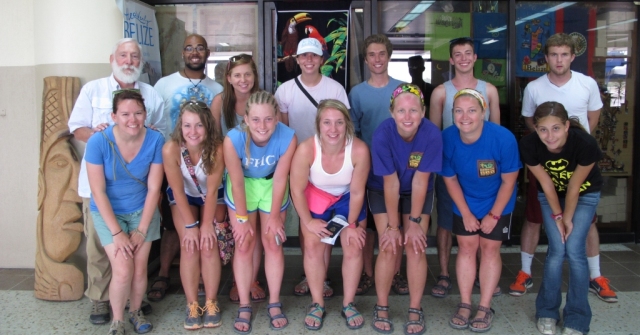















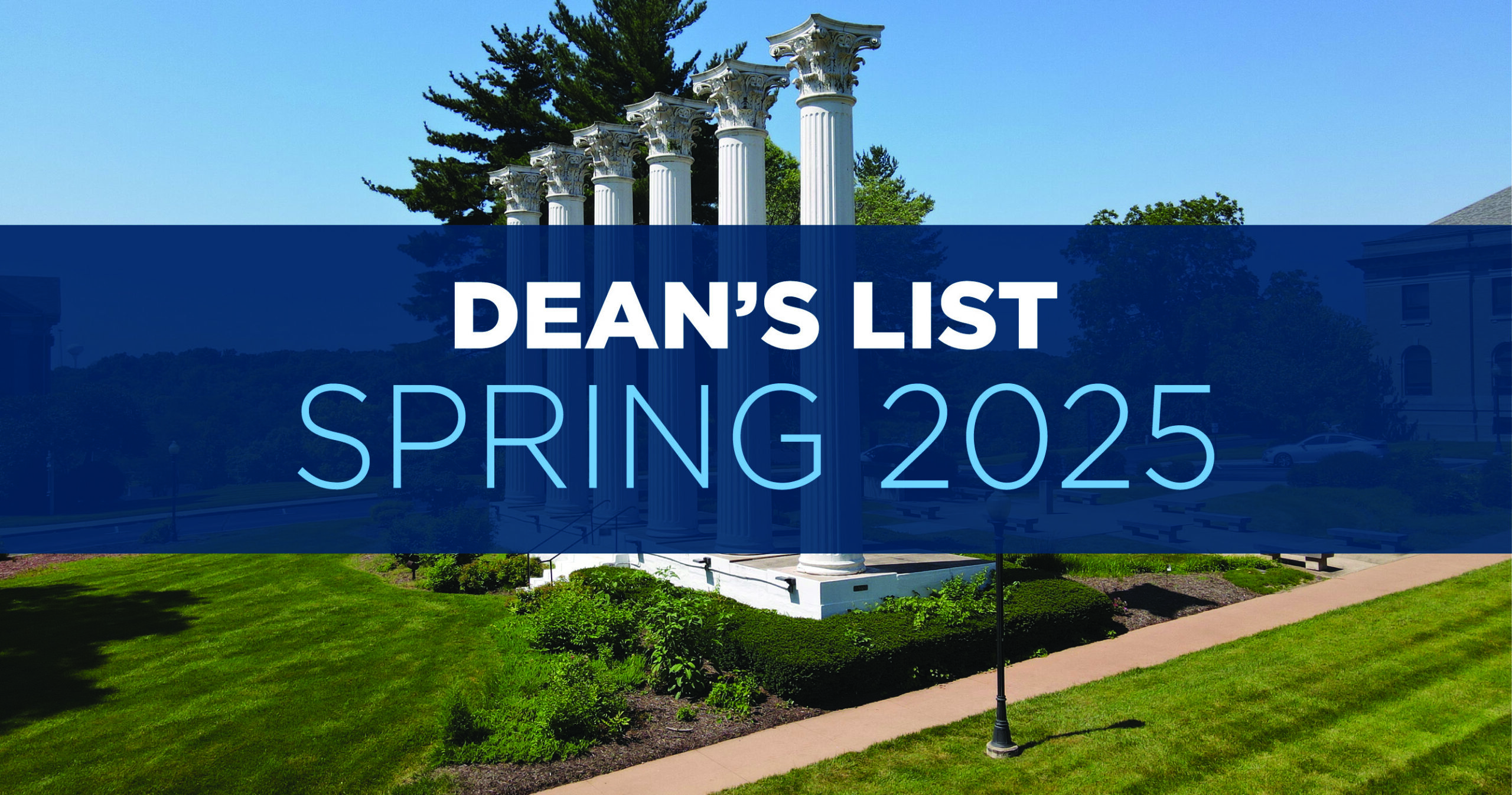
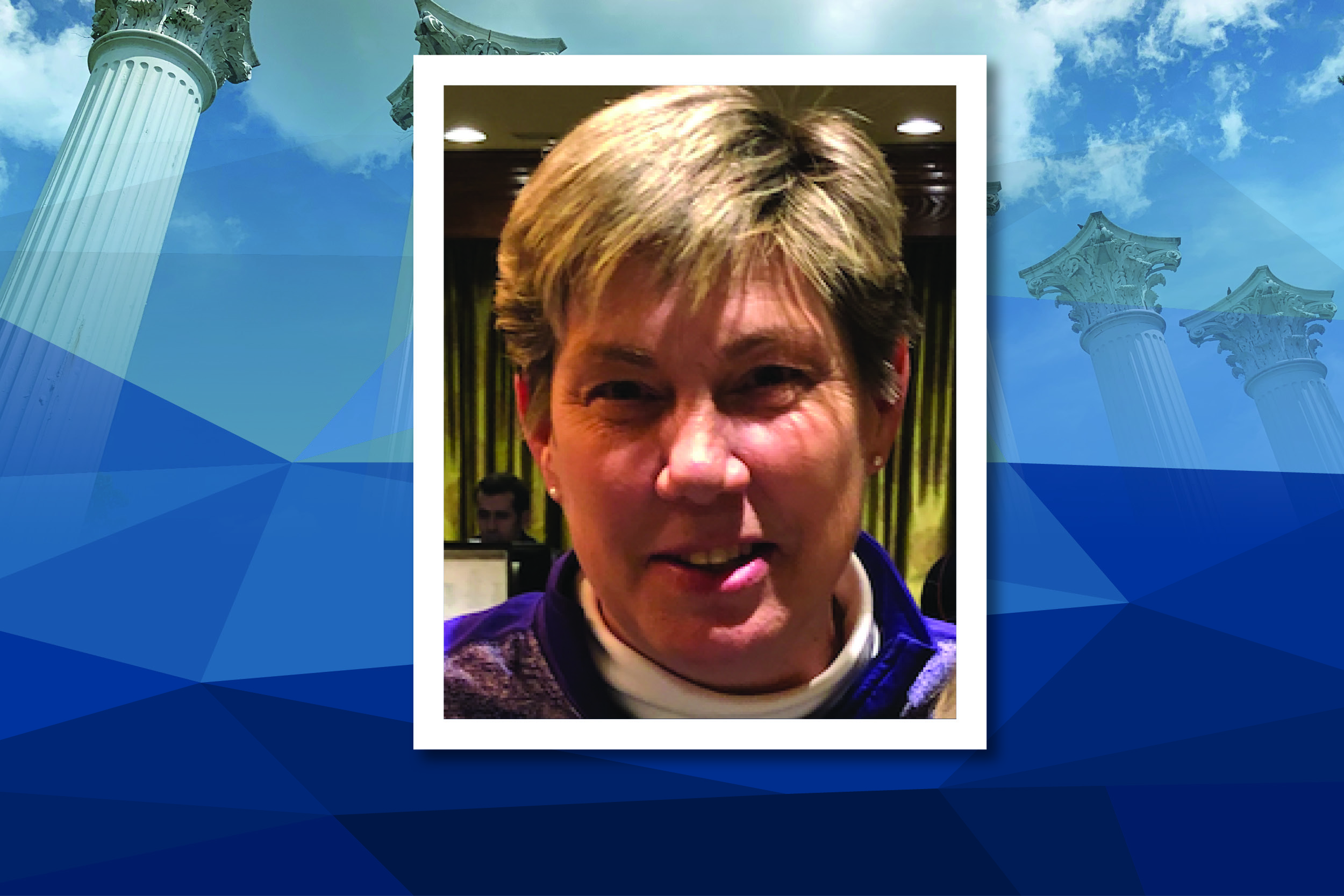
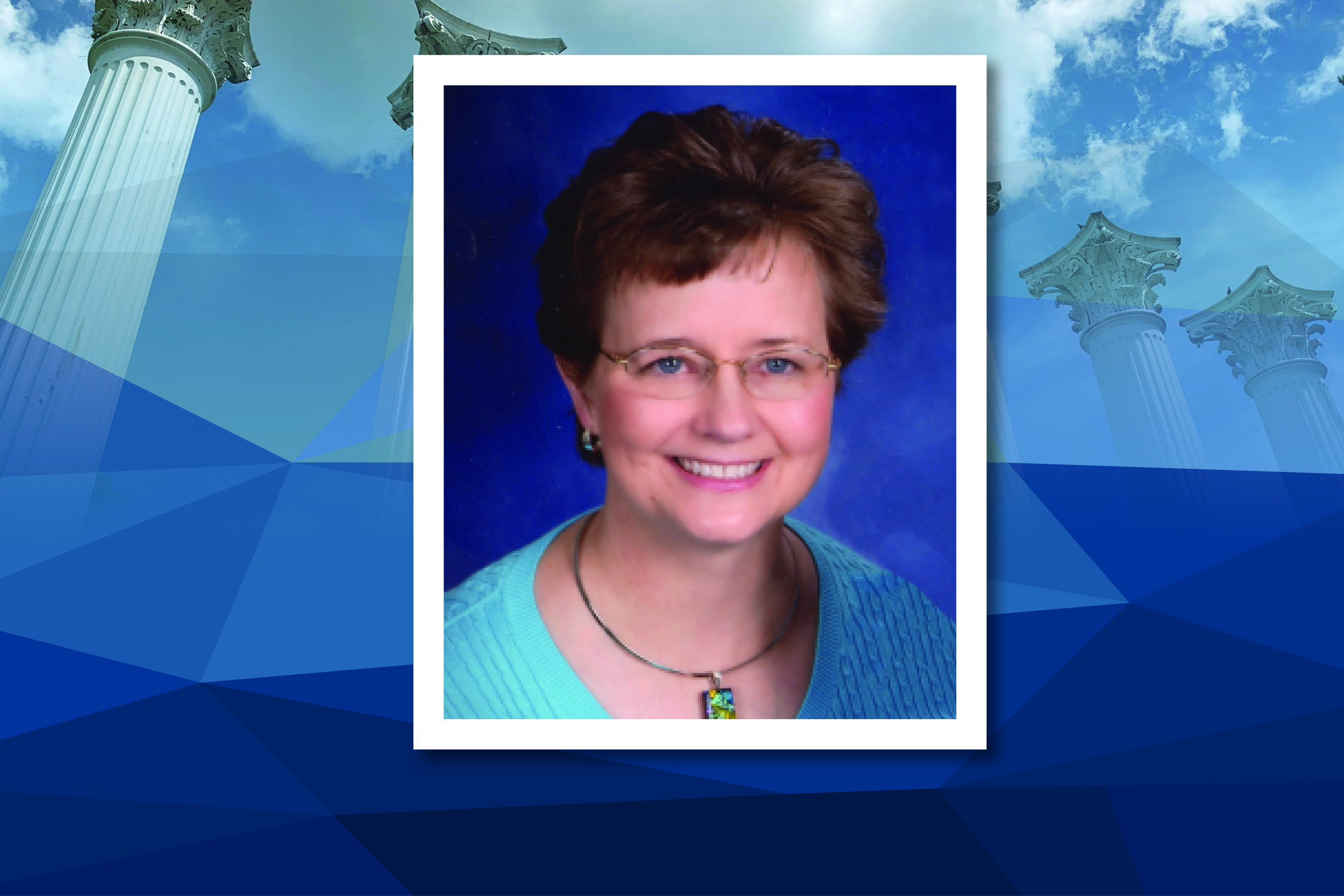
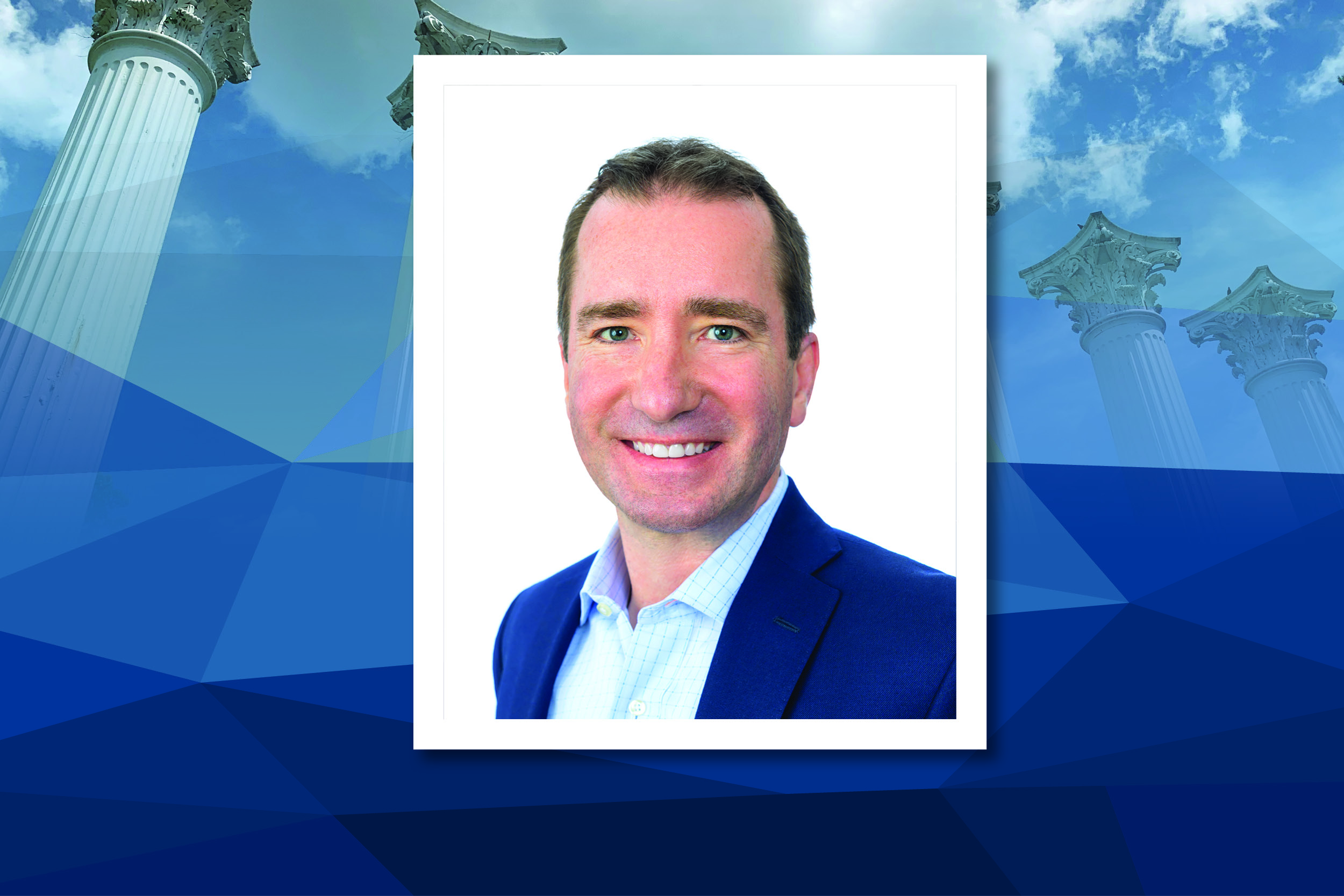
You must be logged in to post a comment.